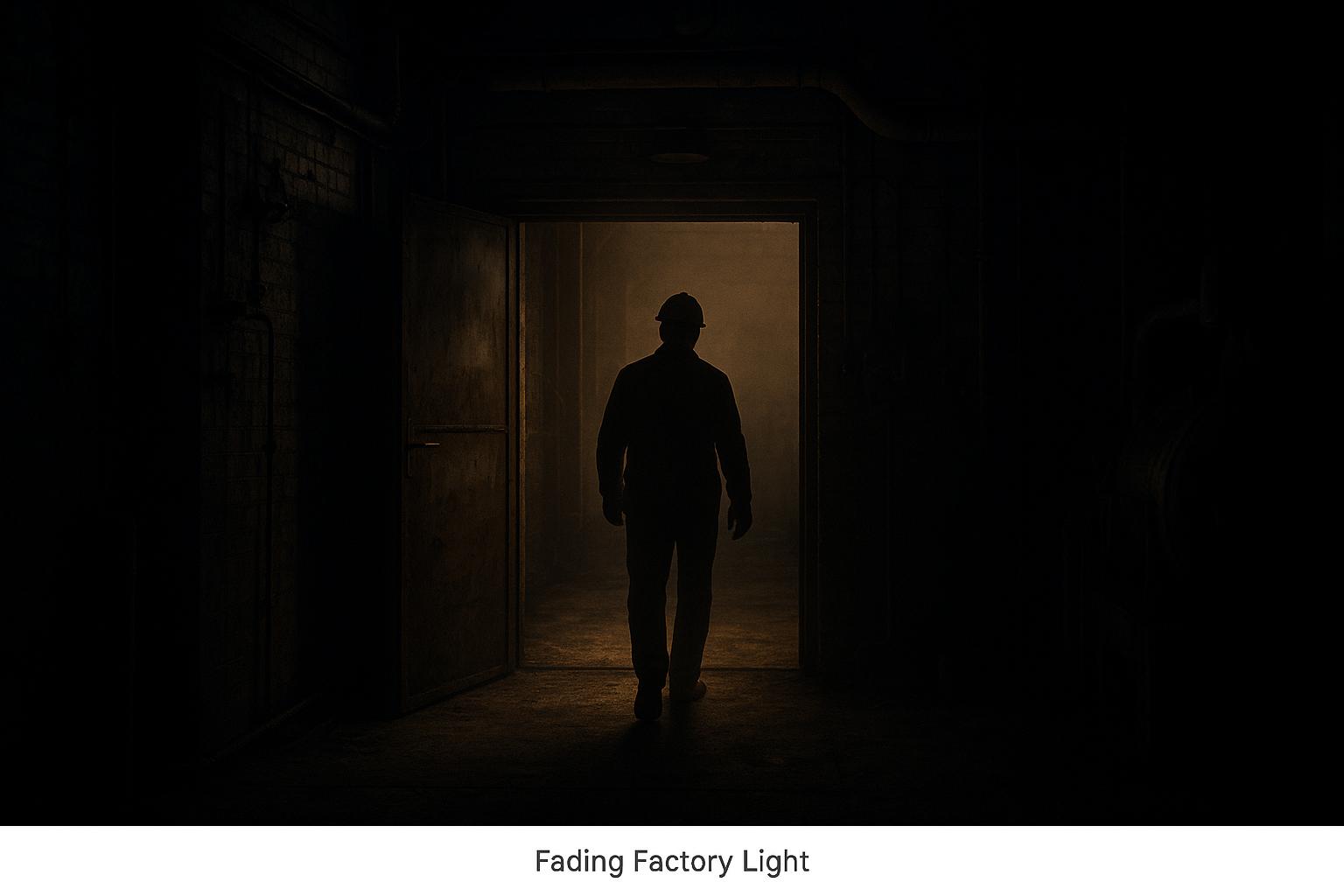British manufacturers are currently investing in new equipment at the slowest rate since 2017, according to a report from trade body Make UK. This year, manufacturers have dedicated just 6.8 per cent of their annual turnover to plant and machinery, a decline from 8.1 per cent recorded in 2024, marking the lowest level in eight years. Alongside this, investment in research and development has also dropped slightly, from 6.5 per cent to 6.2 per cent of turnover. Instead, firms are prioritising spending on staff costs and training. Make UK has urged the government to simplify existing tax incentives in the forthcoming Budget to encourage more investment, especially by smaller firms, noting that nearly 40 per cent of manufacturers say tax incentives heavily influence their decisions.
The government’s recently published industrial strategy, the first in eight years, has begun to influence manufacturer priorities by encouraging more focus on decarbonisation and pushing around a third of firms to consider more investment. However, investment in the UK lags behind the average across advanced economies, contributing to weaker productivity growth and lower output per hour than countries like the United States and much of northern Europe. The finance minister, Rachel Reeves, announced a significant increase in public investment in infrastructure and energy last year, funded by borrowing and new taxes on employers. However, further tax rises and spending cuts are anticipated in the Budget scheduled for November 26, which could impact manufacturers’ investment capacity.
The current investment slump comes amid wider economic difficulties facing the UK manufacturing sector. Another report from the Confederation of British Industry highlights that British manufacturers face their weakest outlook for orders since 2020. The order book index sharply declined in October, with both domestic and export orders falling significantly, reflecting concerns about rising energy costs and uncertainty about upcoming tax increases or spending cuts. This uncertainty has made businesses reluctant to invest or expand hiring, with the CBI calling on the government to reduce energy costs to protect the sector’s international competitiveness.
Historical challenges provide further context. For example, the UK car manufacturing industry experienced a marked downturn in 2017, with production falling by 3 per cent, the first decline in eight years. Industry bodies like the Society of Motor Manufacturers and Traders (SMMT) attribute this drop in investment and production to uncertainty surrounding Brexit and weaker business confidence. Investment in automotive manufacturing that year slumped by almost 34 per cent to £1.1 billion, down from £1.66 billion the previous year. Despite this, exports remained robust at nearly 80 per cent of production, particularly to the EU, which accounted for over half of UK car exports. The SMMT repeatedly urged the government to provide clear Brexit transition terms to protect jobs and stimulate growth within the sector.
The ongoing pattern of constrained investment across UK manufacturing underscores the importance of government policy clarity and effective fiscal incentives to support recovery. As the sector grapples with cost pressures, geopolitical uncertainties, and the shift to greener technologies, targeted support such as streamlined tax reliefs on software, patents, and bespoke testing equipment could prove critical. Experts suggest that improving the accessibility of these incentives, especially for smaller firms, will be central to reversing current trends and boosting productivity to match international competitors.
📌 Reference Map:
- Paragraph 1 – [1] Business Times, [2] Reuters
- Paragraph 2 – [1] Business Times, [2] Reuters
- Paragraph 3 – [3] Reuters
- Paragraph 4 – [4] Autocar, [5] SMMT, [6] AM-online, [7] Autovista24
Source: Noah Wire Services
